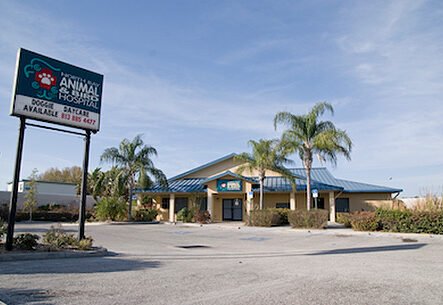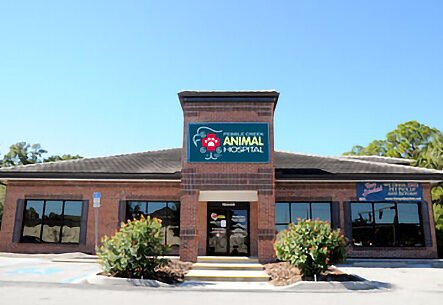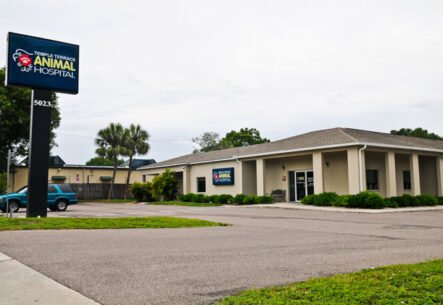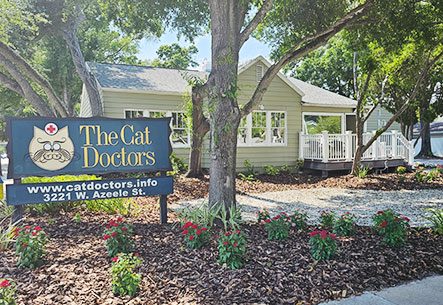Liver disease in Dogs & Cats
Liver disease in dogs
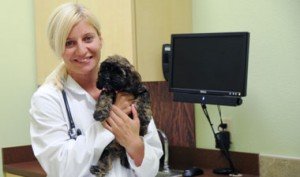 The liver performs numerous important functions for your dog’s body, including the filtering of toxins from the bloodstream. Because the liver works to rid the body of so many different substances, it is susceptible to damage from many different sources.
The liver performs numerous important functions for your dog’s body, including the filtering of toxins from the bloodstream. Because the liver works to rid the body of so many different substances, it is susceptible to damage from many different sources.
Liver disease can be caused by:
- Viral and bacterial infections
- Poisonous substances your dog has eaten
- Altered blood flow to the liver due to heart disease or other congenital abnormality
- Your dog’s breed – certain breeds, such as Bedlingtons and West Highland white terriers, have difficulty excreting copper
Check your dog for the following signs of liver disease:
- Loss in appetite
- Sudden weight loss
- Lack of energy or depression
- Jaundice (yellowing of the gums, whites of the eyes or skin)
Other possible signs of liver disorders include dark-colored urine, pale gums or a build up of fluid in the abdomen that could be mistaken for sudden weight gain. Your veterinarian can administer other tests to diagnose liver disease.
For an accurate diagnosis and treatment options, always consult your veterinarian.
Liver disease in cats
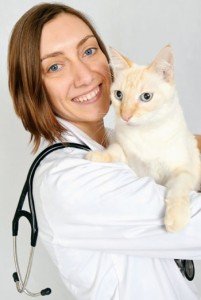 The liver performs numerous important functions for your cat’s body, including filtering toxins from the bloodstream. Because the liver works to rid the body of so many different substances, it is susceptible to damage from many different sources.
The liver performs numerous important functions for your cat’s body, including filtering toxins from the bloodstream. Because the liver works to rid the body of so many different substances, it is susceptible to damage from many different sources.
Liver disease can be caused by:
- Viral and bacterial infections
- Poisonous substances that your cat has eaten
- Altered blood flow to the liver due to heart disease or other congenital abnormality
Cats that lose their appetite for two to three days may experience Feline Hepatic Lipidosis, a condition associated with a dangerous build up of fat in the liver that impairs proper function.
Check your cat for the following signs of liver disease:
- Loss in appetite
- Sudden weight loss
- Lack of energy or depression
- Jaundice (yellowing of the gums, whites of the eyes or skin)
Other possible signs of liver disorders include dark-colored urine, pale gums, or a build up of fluid in the abdomen that could be mistaken for sudden weight gain. Your veterinarian can administer other tests to diagnose liver disease.
For cats with liver disorders, veterinarians often recommend very specific nutrition. Feed your cat easily digested carbohydrates, high-quality fats and limited amounts of sodium to control ongoing liver damage and improve liver function.
For an accurate diagnosis and treatment options, always consult your veterinarian.
Tampa, FL 33615 (View map)
Tampa, FL 33647 (View map)
Tampa, FL 33617 (View map)
Tampa, FL 33647 (View map)
